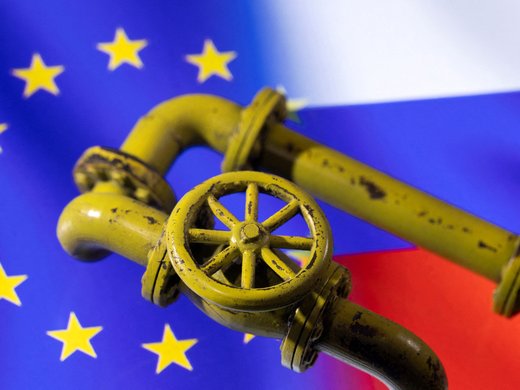The history of Canada is intertwined with international treaties and treaty making. This paper provides a brief historical survey of Canada’s international treaty diplomacy. It traces how treaties helped shape Canada’s evolution from colony to sovereign nation and determine Canada’s borders, how they ensure peace and security, and how they continue to help Canada to express its sovereignty and protect its economic well-being. Treaties remain vital to a modern middle power, such as Canada, that relies on international cooperation and the rule of law in the conduct of its international relations.
The first part of this survey examines the period from 1700 to 1900. In the eighteenth and nineteenth centuries, international treaties reflected various military conflicts around the globe. These treaties, along with treaties between the Crown and Indigenous peoples who predated Britain’s imperial presence in North America, are fundamental to understanding Canada’s early treaty history and how treaties continue to shape Canada’s evolution.
The second part of this survey traces Canada’s treaty relations from 1900 to 1936, a period in which Canada sought greater autonomy over foreign policy and independent treaty-making power. The paper then examines the period from 1937 to 1966 with the rapid post-World War II expansion of Canada’s bilateral and multilateral relations, and continues with descriptive statistics and analysis of the 50 years of Canadian treaty making since 1967, Canada’s centennial year. The data is divided into thematic elements covering Canada’s bilateral and multilateral treaties in force, the types of bilateral treaties by lead government departments, as well as an overview of new mega-regional agreements, and ends with brief conclusions.
As this is a brief historical survey of Canada’s treaty diplomacy, many treaty-related policy and legal issues are not addressed, such as the domestic process for giving effect to treaties within Canada; the role of Parliament or the provinces and territories in negotiating, approving or implementing treaties; or of the courts in interpreting treaties; the use of non-legally binding soft-law alternatives to international treaties; or the role of non-state actors in treaty making. Several of these topics are addressed in other papers within this series.


